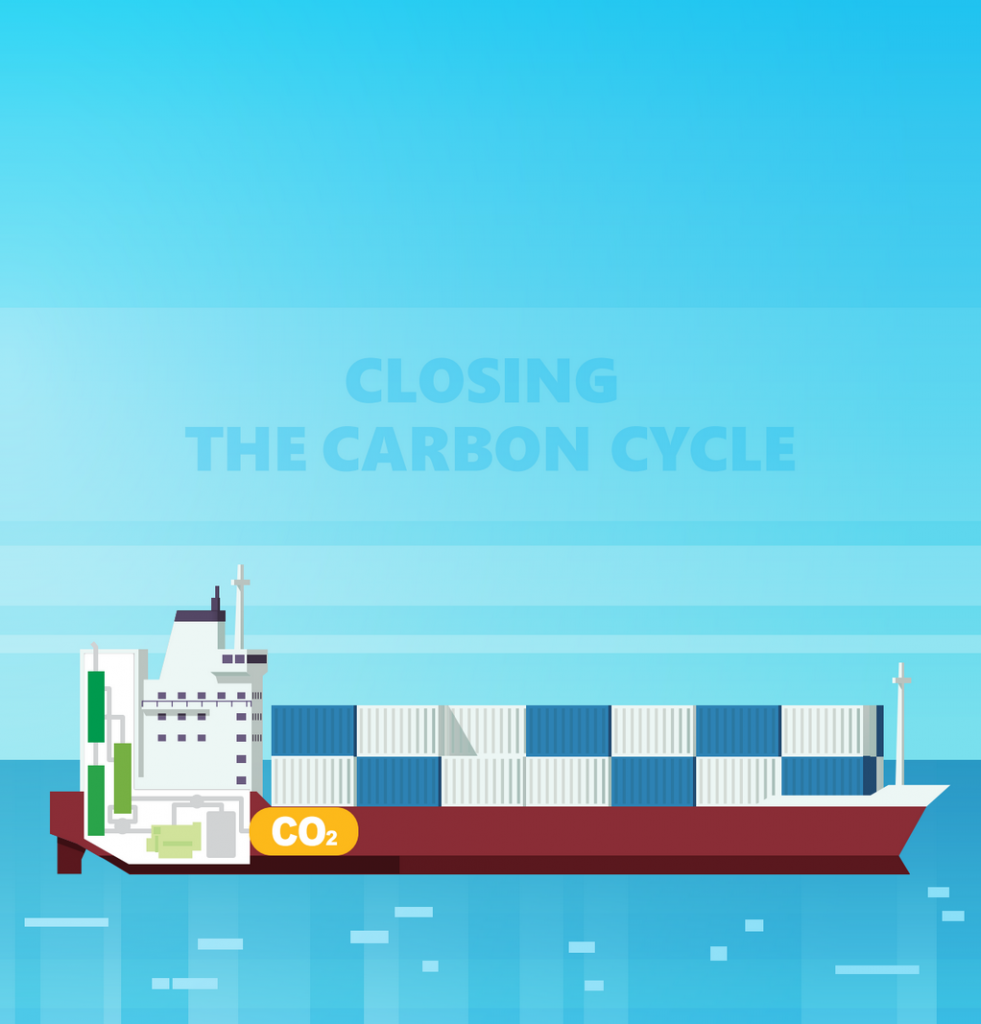ClassNK has released the “ClassNK Alternative Fuels Insight” report, which summarizes the characteristics and latest trends of alternative fuels to support future fuel selection.
For reducing GHG emissions from ships, alongside energy efficiency improvements, the adoption of alternative fuels with lower environmental impacts will become essential in the future. However, given the wide range of alternative fuels available for ships, it is necessary to understand not only the technical aspects but also the trends, including fuel availability and cost forecasts, to make appropriate fuel selections, ClassNK notes.
The “ClassNK Alternative Fuels Insight” offers a detailed look at regulatory frameworks, particularly focusing on GHG-related regulations set forth by the IMO and EU. These regulations are anticipated to wield significant influence over the future trajectory of maritime transport.
Furthermore, it provides an overview of adoption trends in alternative fuels, highlighting their increasing utilization across diverse ship types and sizes. This section offers valuable insights into the evolving landscape of maritime fuel choices.
The report also outlines the distinct characteristics of each alternative fuel option while also addressing factors such as costs, supply prospects, and other relevant considerations. Finally, it elucidates the intricacies of costs associated with fuel transitions.
Tags: Alternative Fuels, ClassNK, Future Fuel



Recent Posts
Babcock’s LGE Business Secures Contract for Marine Ammonia Fuel System to Advance Shipping Decarbonisation
Associated Terminals Deploys Liebherr’s All-Electric Cranes in Landmark Move Toward Cleaner Cargo Handling
Sanmar delivers fully electric emissions-free tug to major global operator Svitzer
Kolkata Dock deploys first-ever electric mobile cranes
ONGC orders two ethane carriers from Mitsui O.S.K. Lines
IndianOil to Commission India’s Largest Green Hydrogen Plant by 2027
IMI Greater Noida Signs MoU with IME (I) to Launch A New Student Chapter
GCMD Completes World’s First Pilot Demonstrating Full Carbon Value Chain from Ship-Captured CO2 in China